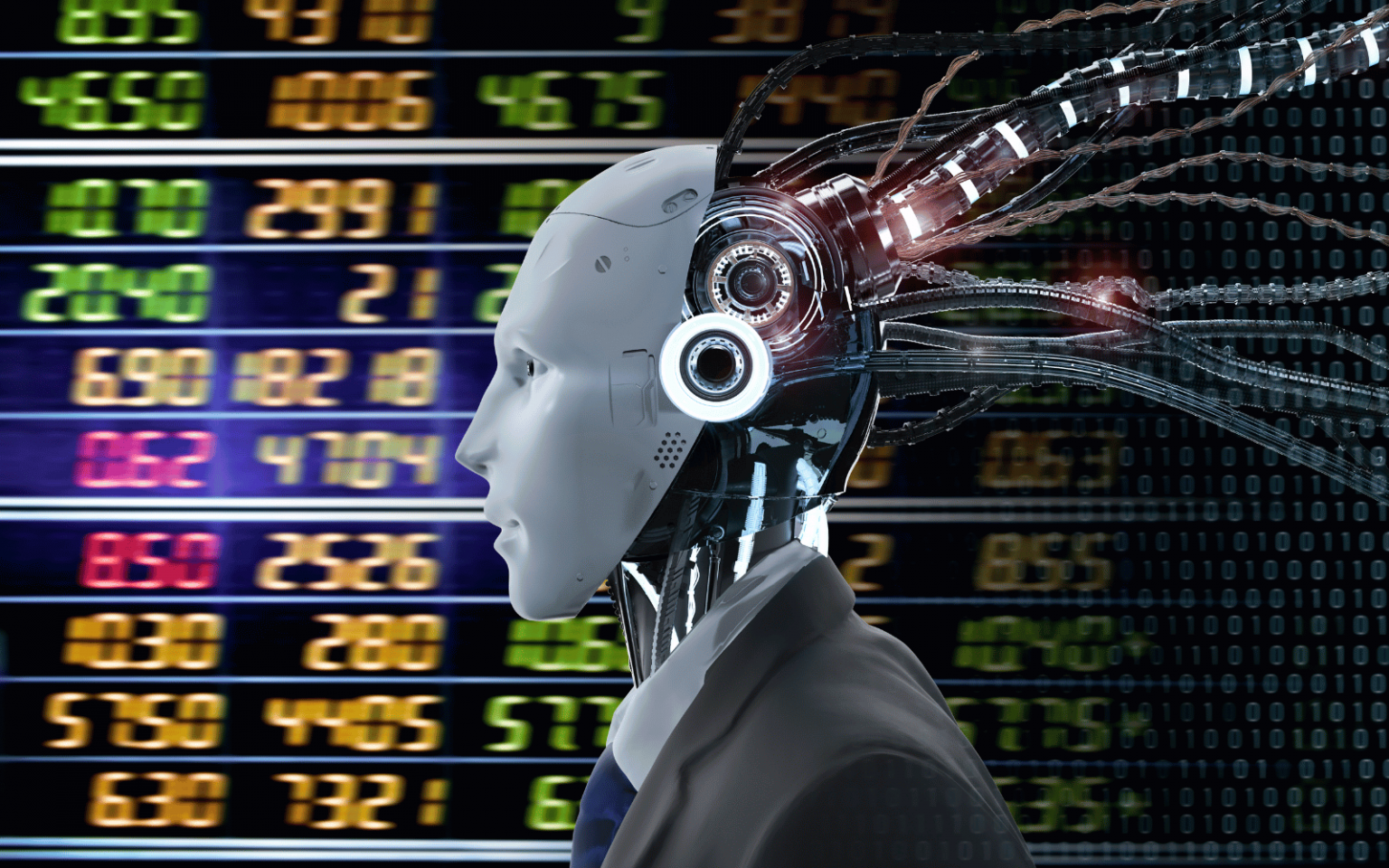In October 2016, the Swedish Academy announced that it was awarding the Nobel Prize for Literature to the singer-songwriter Bob Dylan for “having created new poetic expressions within the great American song tradition”. The decision sent out shockwaves: for the first time, a musician had received the most prestigious literary award on the planet. It sparked debate, with many questioning the decision and even sarcastic suggestions that novelists could aspire to winning a Grammy. The controversy fed into much-needed debates on the boundary between poetry and song, but the question of what constitutes literature is much broader. Does it mean the same as it…
Author: The Conversation
AI has long since surpassed humans in cognitive matters that were once considered the supreme disciplines of human intelligence like chess or Go. Some even believe it is superior when it comes to human emotional skills such as empathy. This does not just seem to be some companies talking big for marketing reasons; empirical studies suggest that people perceive ChatGPT in certain health situations as more empathic than human medical staff. Does this mean that AI is really empathetic? A definition of empathy As a psychologically informed philosopher, I define genuine empathy according to three criteria: Congruence of feelings: empathy requires…
Time and again, leading scientists, technologists, and philosophers have made spectacularly terrible guesses about the direction of innovation. Even Einstein was not immune, claiming, “There is not the slightest indication that nuclear energy will ever be obtainable,” just ten years before Enrico Fermi completed construction of the first fission reactor in Chicago. Shortly thereafter, the consensus switched to fears of an imminent nuclear holocaust. Similarly, today’s experts warn that an artificial general intelligence (AGI) doomsday is imminent. Others retort that large language models (LLMs) have already reached the peak of their powers. It’s difficult to argue with David Collingridge’s influential thesis that attempting to predict the risks posed by new…
Staying competitive in the finance sector is vital, with many companies moving quickly to adopt artificial intelligence (AI) to reduce costs and streamline operations. But two companies recently came unstuck when the United States Securities and Exchange Commission (SEC) accused them of exaggerating their use of AI, marking the world’s first significant move in combating so-called “AI washing”. Delphia (USA) Inc. and Global Predictions Inc., boasted about using AI for designing investment strategies, but the SEC found their claims to be unsubstantiated. There’s much speculation around AI, especially with the generative technology app ChatGPT shaking things up. But amid all the hype,…
The James Webb Space Telescope, or JWST for short, is one of the most advanced telescopes ever built. Planning for JWST began over 25 years ago, and construction efforts spanned over a decade. It was launched into space on Dec. 25, 2021, and within a month arrived at its final destination: 930,000 miles away from Earth. Its location in space allows it a relatively unobstructed view of the universe. The telescope design was a global effort, led by NASA and intended to push the boundaries of astronomical observation with revolutionary engineering. Its mirror is massive – about 21 feet (6.5 meters) in diameter. That’s nearly three times…
Meta’s Instagram and Threads apps are “slowly” rolling out a change that will no longer recommend political content by default. The company defines political content broadly as being “potentially related to things like laws, elections, or social topics”. Users who follow accounts that post political content will still see such content in the normal, algorithmically sorted ways. But by default, users will not see any political content in their feeds, stories or other places where new content is recommended to them. For users who want political recommendations to remain, Instagram has a new setting where users can turn it back on, making this an…
Solar cars exist. The best place to see them is the World Solar Challenge, a race that’s held every two years in Australia. Competitors have to drive about 1,870 miles (3,000 kilometers), from Darwin on the country’s north coast to Adelaide on its south coast, using only energy from the Sun. Many cars that compete in this race look more like amusement park rides or science fiction vehicles than the cars you see on the road. That tells you something about why solar cars aren’t an option for everyday travel, at least not yet. Collecting enough sunlight While a lot of…
If you’ve looked in your utility drawer lately, you may have noticed the various shapes, sizes and types of batteries that power your electronic devices. First, there are the round, non-rechargeable button cells for your watches and small items. There’s also the popular AA and AAA cylindrical batteries for calculators, clocks and remotes. Then you have the rechargeable lithium-ion batteries in your laptops and phones. And don’t forget about the lead-acid battery in your car. I’m a professor who studies batteries and electrochemistry. To understand why batteries come in many different sizes and shapes – and serve many purposes – look to the…
The main water supply to South Africa’s economic hub, greater Johannesburg in the Gauteng province, and to the country’s breadbasket in the Free State, is scheduled to be cut off for six months. Maintenance work on the 37 kilometre Lesotho Highlands Water Project tunnel is due to begin in October 2024. Ifedotun Victor Aina, a senior researcher at the Water and Production Economics Research Unit at the University of Cape Town, takes a critical look at who could be affected by the shutdown and what might happen. What is the Lesotho Highlands Water Project? Why is it so important? It is a…
How fast can a neutron star drive powerful jets into space? The answer, it turns out, is about one-third the speed of light, as our team has just revealed in a new study published in Nature. Energetic cosmic beams known as jets are seen throughout our universe. They are launched when material – mainly dust and gas – falls in towards any dense central object, such as a neutron star (an extremely dense remnant of a once-massive star) or a black hole. The jets carry away some of the gravitational energy released by the infalling gas, recycling it back into the surroundings on far larger…











